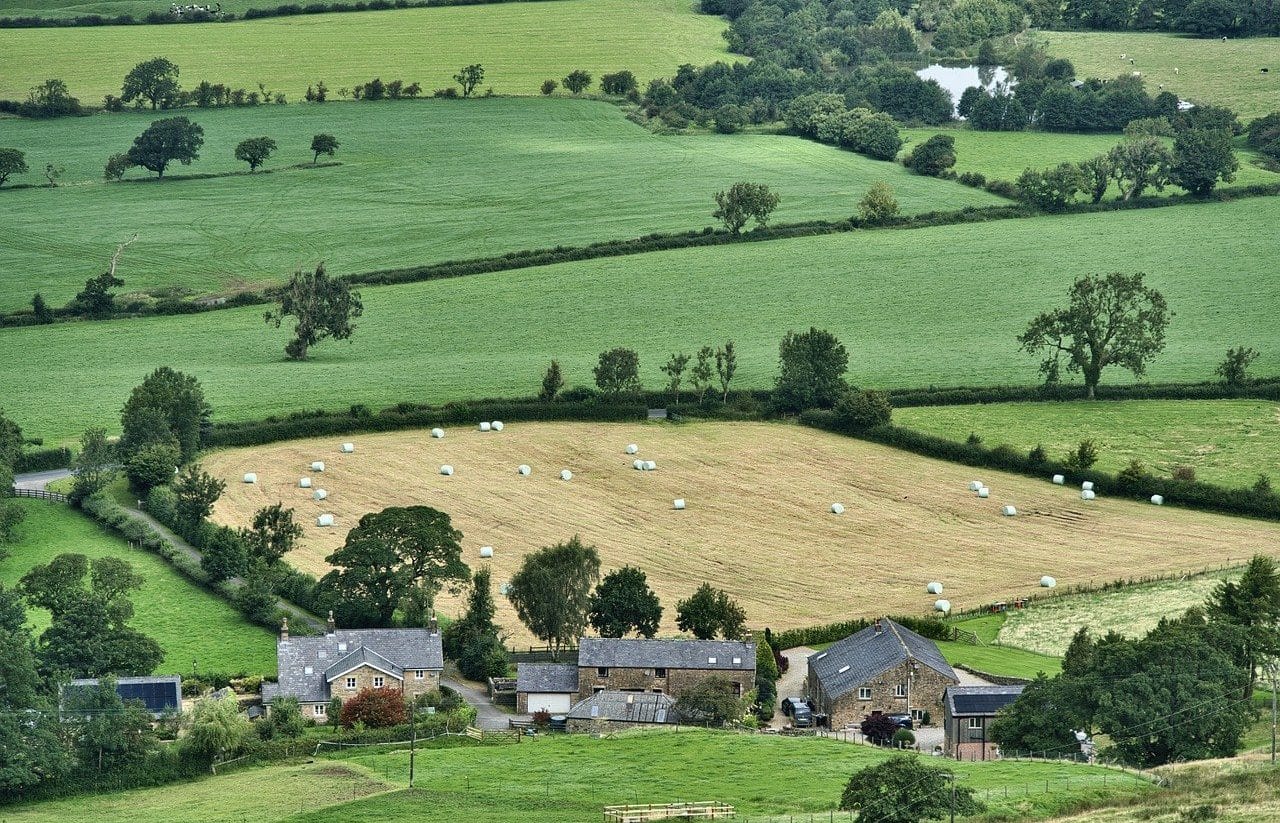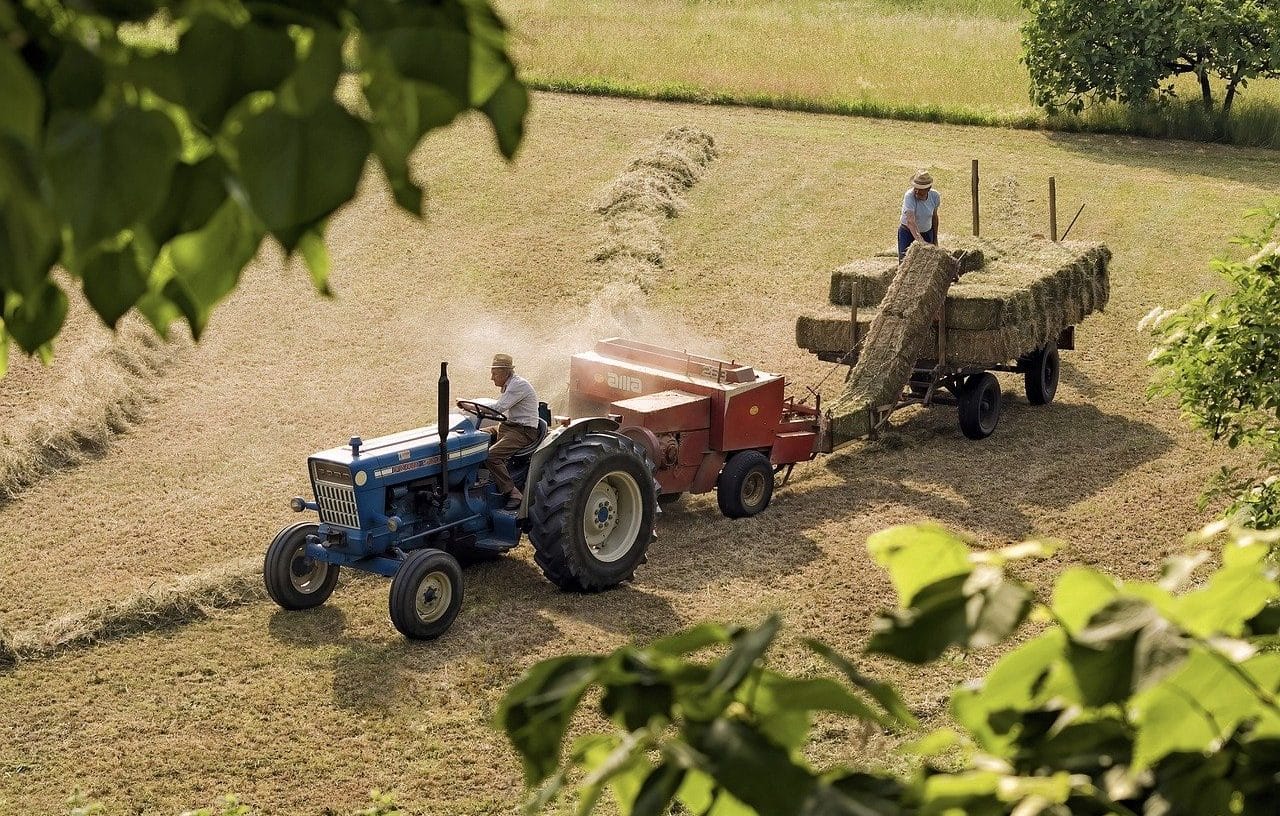
Rurality is the link that a community establishes with a rural space.
Rurality is a concept that is not part of the dictionary of the Royal Spanish Academy ( RAE ). The term, in any case, is usually used in technical and scientific publications with reference to the set of social phenomena that develop in a rural environment and that allow for the construction of identity .
It is important to note that there is no single definition of rurality, as the notion is often debated . Broadly speaking, it can be said that rurality encompasses those phenomena and events that take place in areas dedicated to agricultural tasks.
Moving forward with the idea, rurality is understood as the link that a community establishes with a rural space. Through this relationship, the construction of a social meaning occurs.
What is rurality
It can be said that rurality is a form of relationship between human beings and rural space that implies the valorization of heritage and an appropriation of a symbolic nature.
Rurality, in this way, transcends the fact of living in a rural area . The idea has to do with the representations that people build about themselves, their neighbors, their traditions and the activities they carry out in that place. Thus, human beings construct symbols and representations that add meaning to their resources and their history.
This awareness, experts say, marks the mode of action of individuals who live in a rural area and allows them to transform this environment. Without rurality, understood as the valorization of rural resources and the identity of those who live there, sustainable development is not possible.

Rurality involves valuing the traditions and heritage of rural areas.
The importance of traditions and customs
For a few years now, in many corners of the planet there has been a commitment to exalt the value of rurality in many different ways. Thus, for example, in order to maintain traditions and customs of rural enclaves, we are committed to developing different initiatives in this regard.
In Spain there are several cases of this type. An example is the town of Añora , located in the province of Córdoba , where there are the already famous Los Pedroches Rural Olympics, which began in 2008 and are increasingly arousing more interest and participation throughout the country. Specifically, groups of ordinary citizens participate in them, demonstrating their skills in a total of fifteen different games from the usual ones, such as sack races, jumping rope, piola jumping, and climbing the rope. or the cobblestone throwing.
Precisely in order to promote this rurality, this enhancement of rural environments and their customs and people, in recent years work has also been done to promote so-called rural tourism . Thanks to this activity, visitors can learn about the architecture of the town in question, its gastronomy, its traditions or even admire its most spectacular natural spaces in situ. All this without forgetting that they also make it within their reach to carry out activities such as horseback riding, hiking routes, participating in events such as pig slaughter, learning to care for livestock or taking off-road tours.
